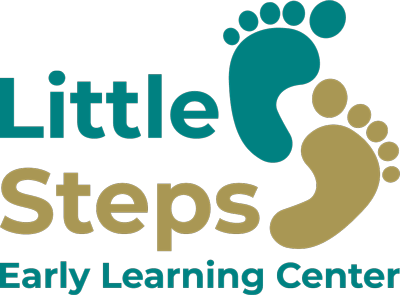Before and after school programs play a vital role in supporting the educational development of children. These programs offer an opportunity to reinforce and enhance essential skills, particularly literacy skills, outside of regular school hours. By providing a structured and engaging environment, before and after school programs can effectively contribute to building strong literacy foundations. This article explores the importance of literacy skills, highlights the benefits of before and after school programs in promoting literacy, and offers practical strategies for building literacy skills within these programs.
The Importance of Literacy Skills
Literacy skills are fundamental for academic success and lifelong learning. Strong literacy skills enable individuals to comprehend, analyze, and communicate information effectively. Additionally, literacy skills serve as a gateway to other subjects, such as science, social studies, and mathematics. Children who develop proficient literacy skills are more likely to excel academically, experience higher self-esteem, and become lifelong readers.
Benefits of Before & After School Programs in Promoting Literacy
Extended Learning Opportunities: Before and after school programs provide extended learning opportunities beyond the regular school day. This additional time allows for focused literacy instruction, individualized attention, and reinforcement of concepts taught during school hours. It helps to bridge the gap between classroom learning and practical application.
Small Group Instruction: Before and after school programs often have smaller group sizes, enabling instructors to provide targeted instruction based on individual needs. This personalized approach allows for differentiated instruction, accommodating diverse learning styles and abilities. Small group instruction fosters active engagement and encourages children to participate actively in literacy activities.
Enrichment Activities: These programs offer a range of enrichment activities that foster a love for reading and writing. Through interactive storytelling, book clubs, writing workshops, and language games, children can explore different genres, enhance their vocabulary, and develop critical thinking skills. Enrichment activities promote a positive attitude towards literacy and create a nurturing environment for skill development.
Strategies for Building Literacy Skills in Before & After School Programs
Reading Aloud: Regular read-aloud sessions expose children to a variety of texts, expanding their knowledge of language, vocabulary, and storytelling. Skilled instructors can model fluent reading, ask questions to promote comprehension, and encourage discussions about the text. Reading aloud also nurtures a love for reading and sparks imagination, inspiring children to explore books independently.
Writing Workshops: Engaging children in writing workshops encourages them to express their thoughts, ideas, and creativity through written language. Instructors can introduce various writing genres, such as narratives, poetry, and persuasive essays. Writing workshops should focus on the writing process, including brainstorming, drafting, revising, and editing. Constructive feedback and peer collaboration further enhance writing skills.
Literacy Centers: Setting up literacy centers within before and after school programs provides opportunities for independent and small group learning. These centers can include areas for reading, writing, word games, and computer-based literacy activities. Rotating activities and incorporating hands-on materials create an interactive learning environment that promotes exploration and engagement.
Collaborative Projects: Encouraging collaborative projects, such as creating a class newspaper, writing a play, or producing a digital storybook, enhances teamwork, communication, and critical thinking skills. These projects integrate multiple literacy skills and foster a sense of ownership and pride in children's work. Collaborative projects also allow for peer feedback and learning from one another.
Community Engagement: Before and after school programs can leverage community resources to enhance literacy instruction. Inviting guest speakers, organizing visits to local libraries, or establishing partnerships with literacy organizations can broaden children's exposure to diverse reading materials and provide real-world connections to literacy skills. Community engagement fosters a sense of belonging and expands children's understanding of the importance of literacy beyond the program's boundaries.
Before and after school programs offer a valuable platform for building literacy skills and promoting a lifelong love for reading and writing. By incorporating effective strategies such as reading aloud, writing workshops, literacy centers, collaborative projects, and community engagement, these programs can create a supportive and enriching environment for children's literacy development. With a focus on personalized instruction and engaging activities, before and after school programs play a crucial role in ensuring that all children have the opportunity to build strong literacy skills, empowering them for academic success and lifelong learning.


